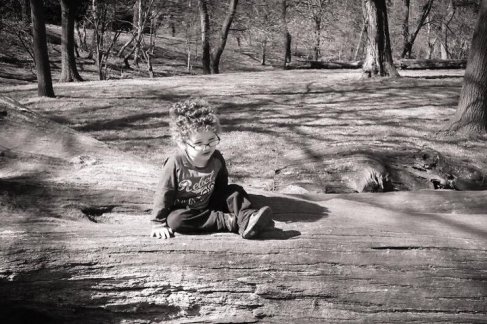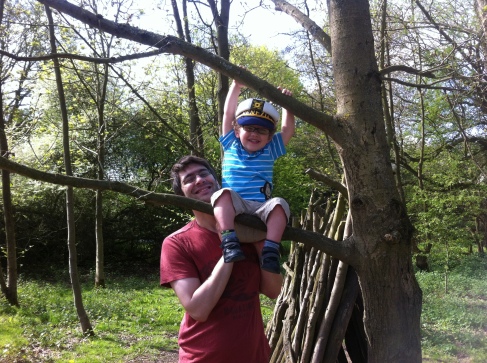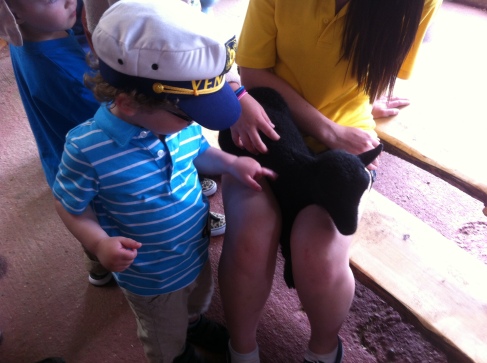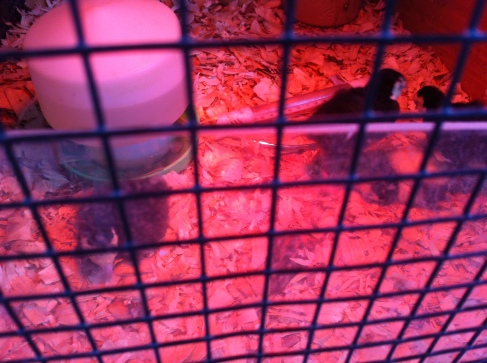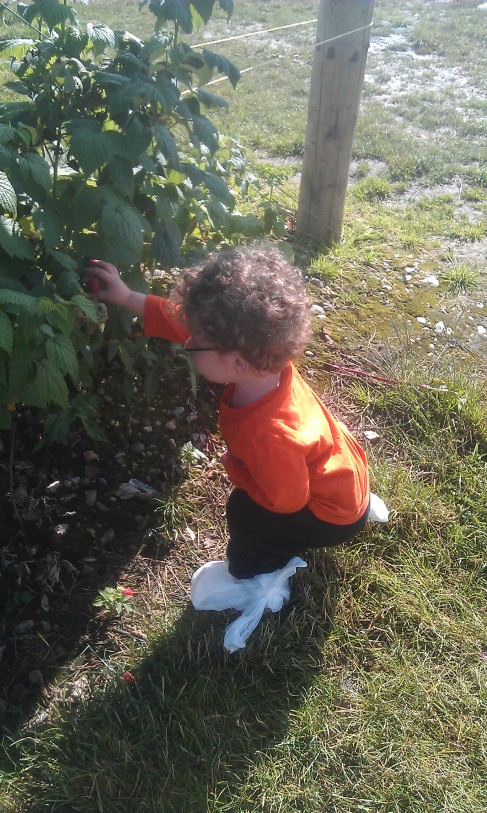Getting kids to go outside is generally not a challenge. Most children love to run and play in the open air, and most toddlers are pretty curious about the world around them. R is no different. He loves to be in the garden or the park, and he gets so excited when he spots something new and interesting.
It’s just a little less common. As R is partially sighted, pointing out wildlife, often gone in a flash, or small insects and plants can be a struggle. The same is true of giving him a check-list of wildlife to find. With this in mind, I took him out on our version of the Nature Spotting Challenge, and tried to find some close-up nature for him to get acquainted with. Too much stimulation can be overwhelming for him, so we stretched it out over a week or so!
Heading to the park, we discovered that there are loads of ways to discover nature without being able to see perfectly. Using our bodies to climb and feel different textures and shapes was a great way to find out about the great outdoors. R climbed on a gigantic tree trunk and used his hands to feel all the ridges and bumps. The Oak trees have so much character and must be hundreds of years old.
We took off our shoes and socks and walked over the grass, and R pointed out daisies and buttercups, all of which stand out really beautifully against the green grass. I sat him down and showed him the different feels of moss and clover compared with grass.
R went up close to see the touch and smells of the bushes, and told me it smelt ‘delicious!’ 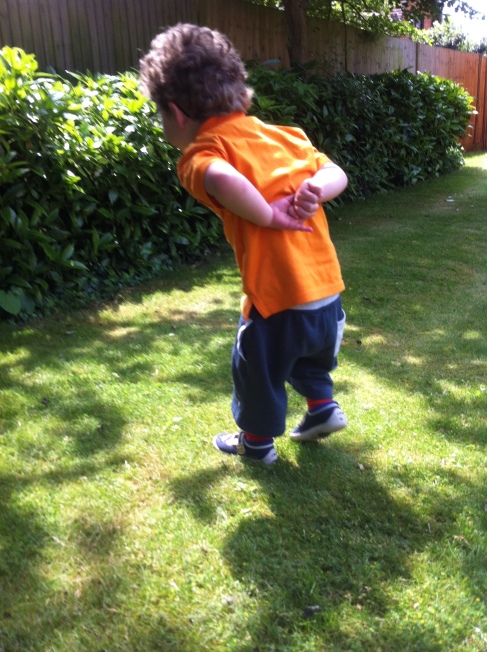
As our nature week continued, when he couldn’t quite reach to get as close as he would like, we had a handy stepladder available!
Animals can be fast moving and difficult to spot in their natural environment, so we decided to head to the farm, so we could get a closer look. R absolutely loved seeing and feeding the goats, and we saw some baby chicks being born!
And we did see SOME animals out in the wild… the slow ones! Can you spot the snail we found?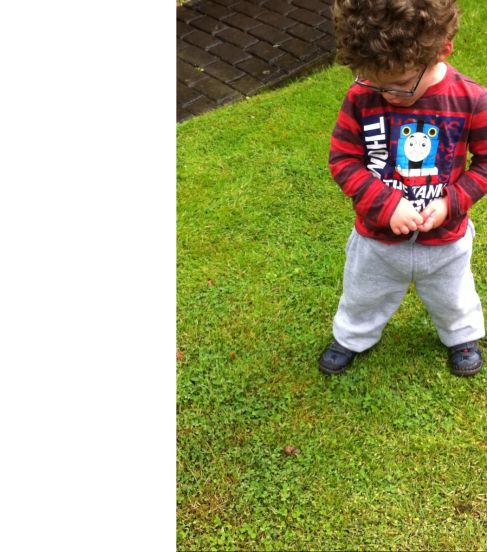
Our checklist also included lots of things that we can hear. We heard ducks and woodpeckers, as well as crickets and herons, and other natural sounds such as streams and even thunder this week. We were even *lucky* enough to feel the rain when we weren’t expecting it at all!
By thinking outside of the box, our family was able to take part in this amazing Center Parcs challenge, and introduce our son to the natural world in a way that he could really appreciate and understand. Now to go make some jam with our strawberry pickings!

